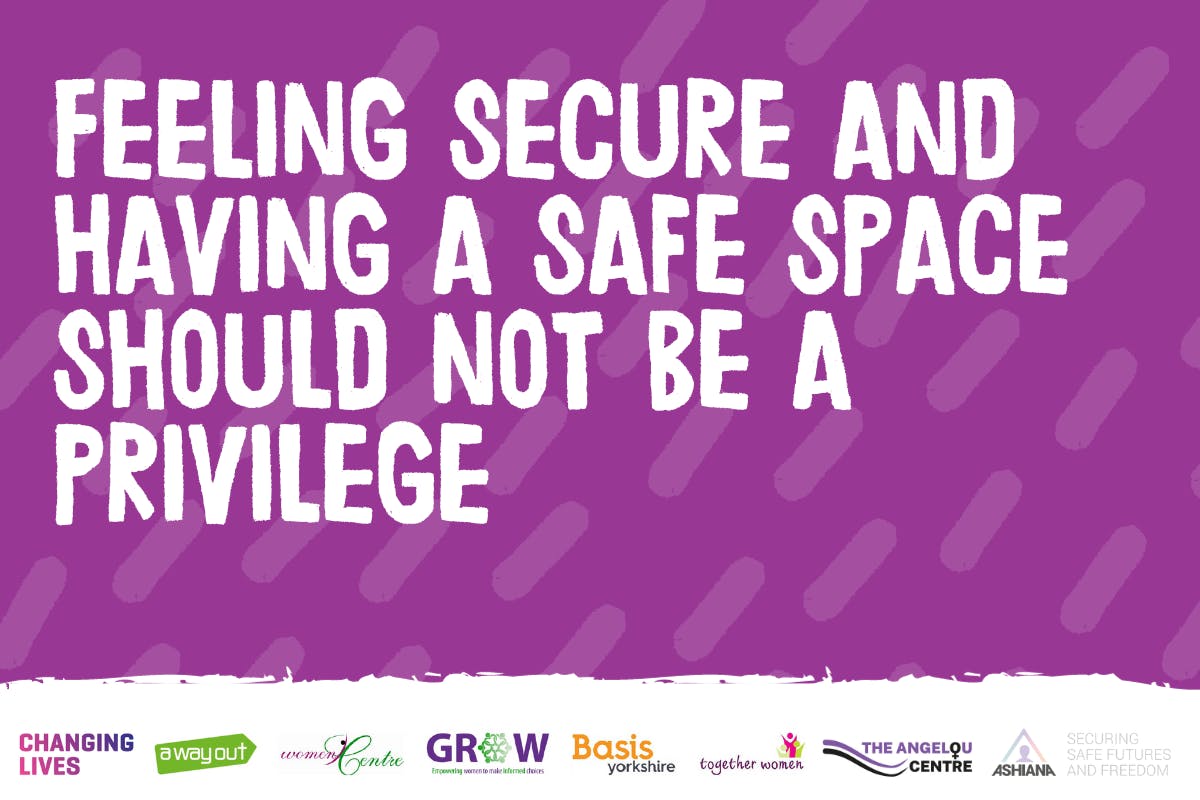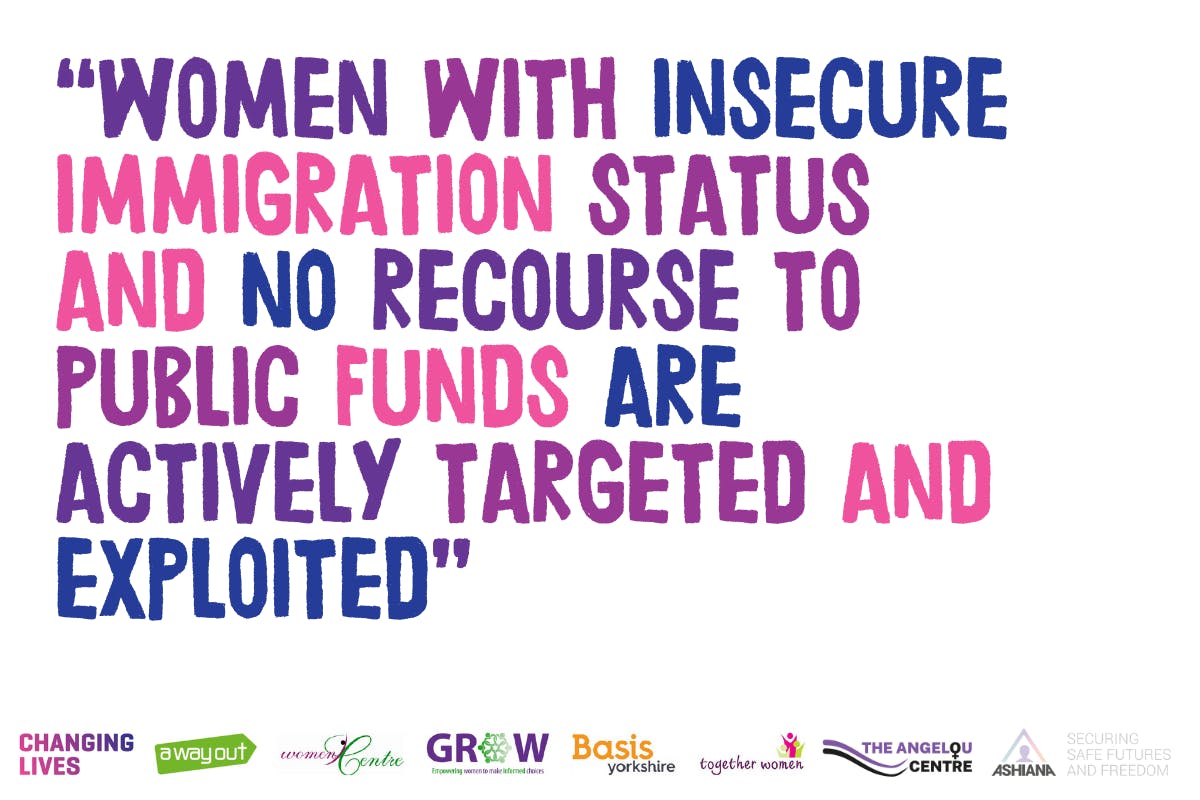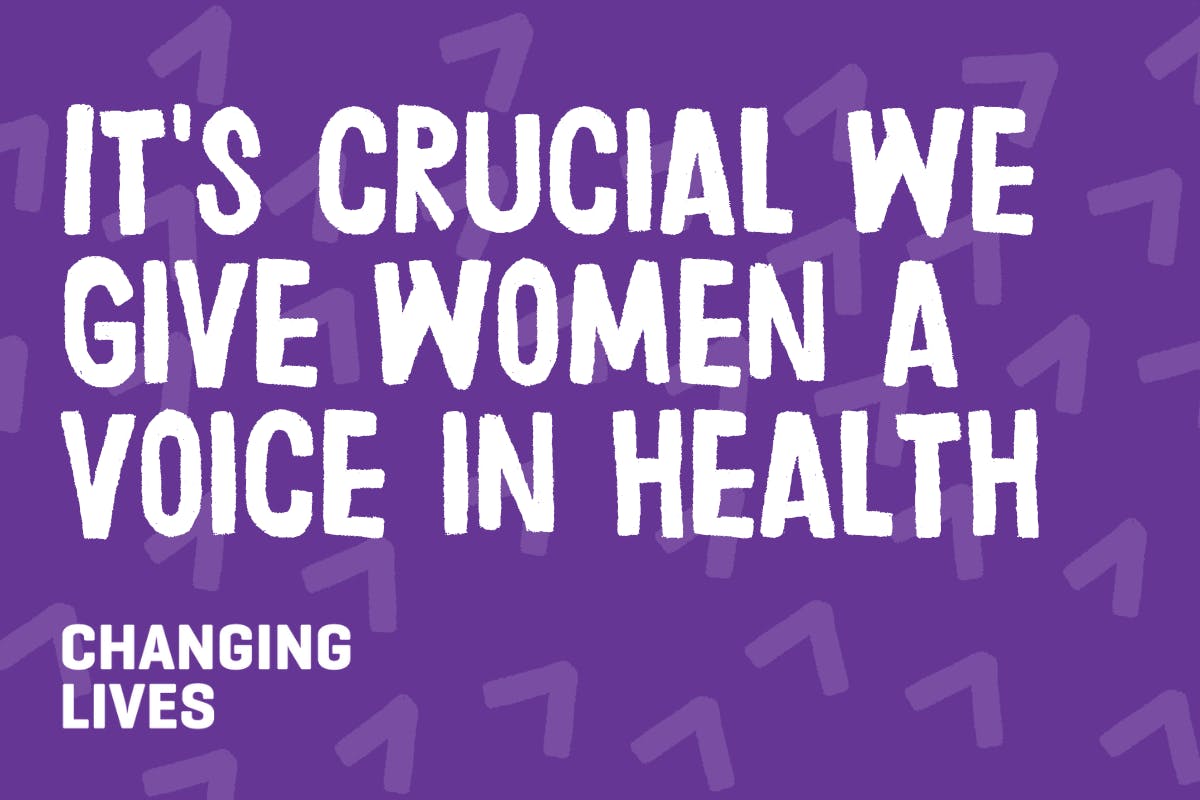In the latest blog from STAGE, the team introduces two new research briefings on the experiences of women facing sexual exploitation in the age of transition from childhood to adulthood and the barriers women face when seeking housing support.
STAGE is a partnership of charities who provide trauma-informed support for women who have been groomed for sexual exploitation across the North East and Yorkshire. Sexual exploitation is often thought of as something that only happens in childhood, meaning that the experiences of adults are overlooked and they are denied access to vital support.
“…the responding police officer stated that that it cannot be classed as sexual exploitation, because she is over 18.”
Young women who experienced sexual exploitation beginning in childhood and continuing into adulthood are regularly assessed as not requiring further support upon reaching adulthood and the legal age of consent. Due to their age, they are considered less vulnerable, but they can actually be at increased risk of sexual exploitation as perpetrators know that the protection around them often decreases at this age.
Approaches to safeguarding at the age of transition differ from one local authority to another, which can have a significant impact on the quality of support women receive. Different criteria for safeguarding support from adult services mean that if young women have not received a mental health or learning disability diagnosis, then they are often ineligible for further support. Despite knowing this, services working with young people do not always treat obtaining these diagnoses as a priority.
Whatever age their exploitation began, supporting women into appropriate accommodation is among the most challenging things a caseworker can be tasked with, considering the barriers to refuge accommodation, the lack of suitable social housing and the absence of support for adult survivors of sexual exploitation within the UK’s legislative framework.
The current cost of living has made it more difficult for women to escape exploitative situations and in some cases has caused women to return to their abuser, continuing the cycle of exploitation. STAGE has seen a rise in hidden homelessness and survival sex, where women provide sex in order to meet their immediate needs such as a roof over their head. For women with multiple unmet needs, such arrangements can be highly exploitative.
Women need access to safe refuge accommodation but refuges are often only for people escaping domestic abuse, and even those who are eligible are often excluded from mainstream provision due to being seen as ‘too high risk’ or ‘too complex’. The very aspects of their life that make them vulnerable to abuse, such as addiction, are used as a reason for denying them support.
“When you’re fleeing domestic abuse, you’re usually only fleeing one person. When you’re fleeing sexual exploitation, you’re potentially fleeing an entire organised crime group”
Survivors of adult sexual exploitation are consistently failed by the system seemingly designed to protect them and do not receive the support that they deserve and are entitled to. Feeling secure and having a safe space should not be a privilege, and we urge decisionmakers at a local and national level to consider the findings and recommendations in these briefings and take relevant action to prevent people falling through the net.
You can find the full reports here:
Find all briefings from the STAGE partnership here.
The STAGE partnership, supported by the National Lottery Community Fund, brings together charities Changing Lives, The Angelou Centre, Ashiana, GROW, A Way Out, Together Women, Basis Yorkshire and WomenCentre.






